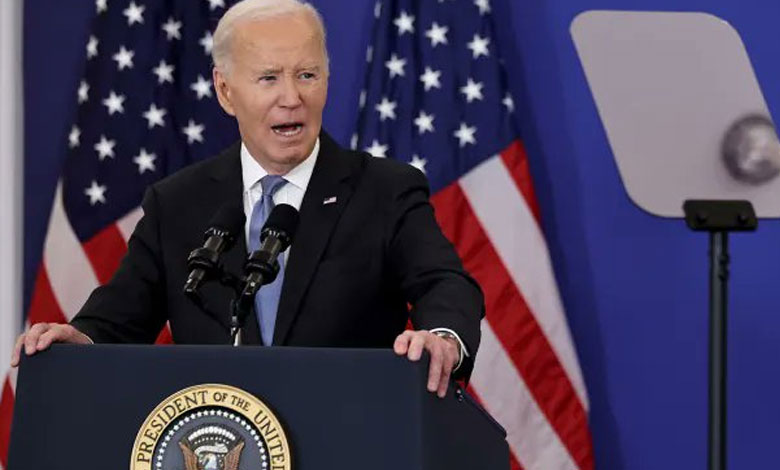Will Israel’s Cabinet Approve the Ceasefire Deal? Hostages’ Fate Hangs in the Balance
Israel's security cabinet convened on Friday to deliberate on a proposed deal that could release dozens of hostages held by militants in Gaza and pause the 15-month-long conflict. The potential ceasefire deal aims to bring an end to the war, which has destabilized the Middle East and triggered global protests.

Jerusalem: Israel’s security cabinet convened on Friday to deliberate on a proposed deal that could release dozens of hostages held by militants in Gaza and pause the 15-month-long conflict. The potential ceasefire deal aims to bring an end to the war, which has destabilized the Middle East and triggered global protests.
Table of Contents
Approval of the Hostage Deal Expected Soon
The agreement, brokered by US President Joe Biden and Qatar, would see scores of hostages freed from Gaza, while efforts are made to wind down the conflict. Following the security cabinet’s approval, the deal will be forwarded to the government for final sign-off. If ratified, the ceasefire could take effect as early as Sunday, with the first hostages set to return.
Hostage Exchange and Ceasefire Conditions
The deal includes the release of 33 hostages over the next six weeks in exchange for hundreds of Palestinians detained in Israeli prisons. Israeli forces are expected to pull back from several areas, enabling hundreds of thousands of Palestinians to return to their homes and receive humanitarian aid. A second, more complex phase of the deal will focus on securing the release of the remaining hostages, including male soldiers.
Disagreements and Challenges in the Deal
Negotiations have faced last-minute hurdles, particularly regarding the list of Palestinian prisoners to be freed during the first phase. However, these issues have been resolved, according to Egyptian and Hamas officials. Hamas has stated that the full release of the remaining captives is contingent upon a lasting ceasefire and an Israeli withdrawal, while Israel has maintained its commitment to dismantling Hamas and ensuring security control over Gaza.
Political Opposition and Government Instability
The deal has faced fierce opposition from Israel’s far-right coalition partners, with National Security Minister Itamar Ben-Gvir threatening to resign if the ceasefire is approved. While Ben-Gvir’s departure would not immediately destabilize the government, it could create further tensions within Netanyahu’s fragile coalition.
Ongoing Violence and Casualties
Despite the ongoing ceasefire talks, violence continues in Gaza, with Israeli airstrikes killing at least 72 people on Thursday. The conflict, which began with a Hamas-led attack on Israel on October 7, 2023, has claimed over 46,000 Palestinian lives, according to local health officials, with women and children comprising a significant portion of the casualties.
Also Read: US Launches Air Strikes on Houthi Military Site in Northern Yemen
Looking Ahead: Post-War Gaza
As the ceasefire deal is being negotiated, questions remain about the future of Gaza, including who will govern the territory and oversee its reconstruction. The outcome of the negotiations and the resolution of the ongoing conflict will shape the future of the region and its people.
